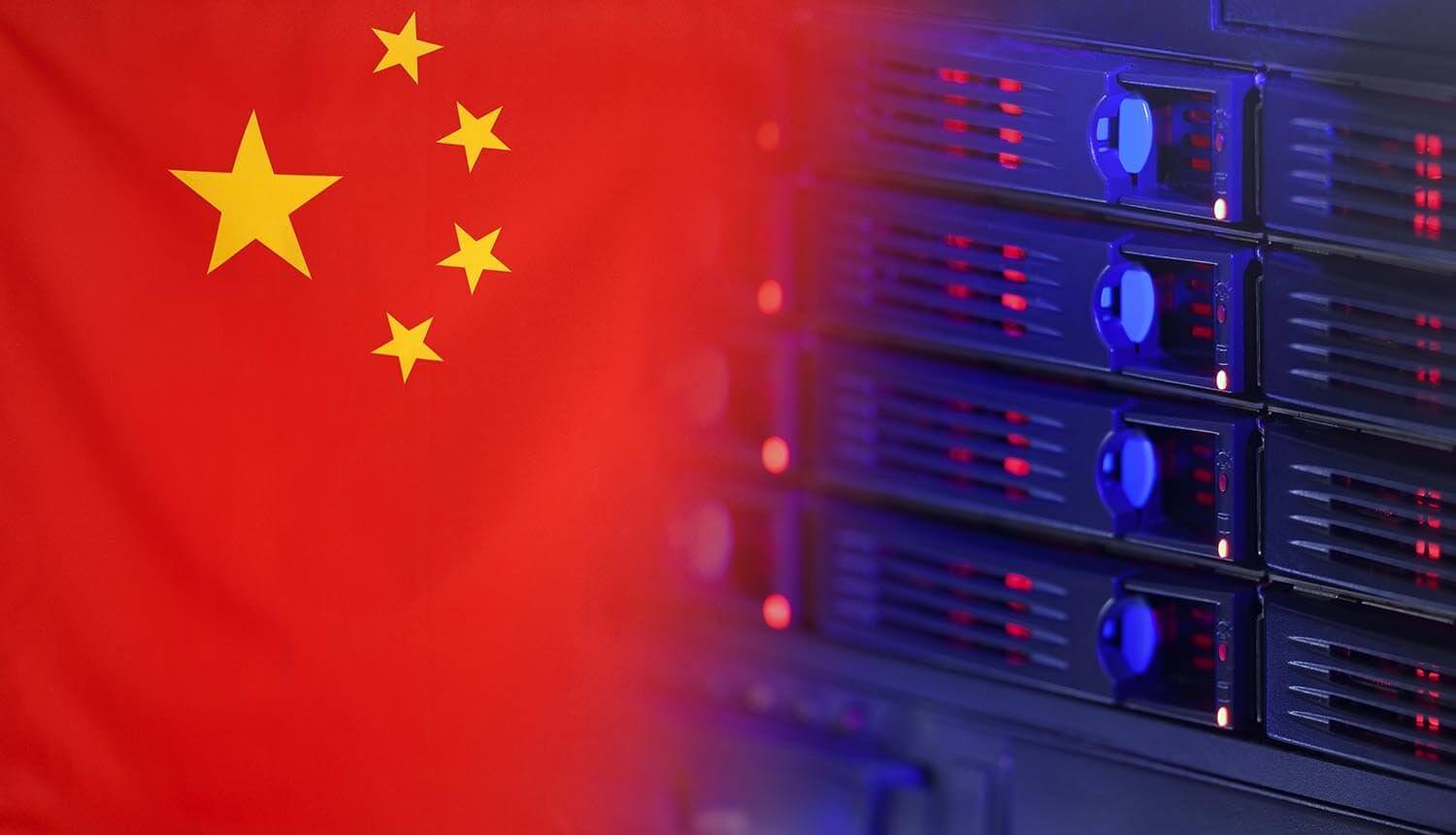A data leak from Chinese state-linked intelligence firm Zhenhua Data revealed that it was storing the information of more than 2 million people across the globe. While countries that are embroiled in disputes with China have long suspected that China was engaging in such data-gathering exercises, this leak reveals a broader Chinese interest in broadening its influence across the world, even in countries with whom it is not actively sparring.
This data leak has generated serious consternation and alarm in New Zealand, which in recent times, under Prime Minister (PM) Jacinda Ardern, has become somewhat of a more vocal critic of China’s policies.
Moreover, only 10% of the records were recovered from the “corrupted dataset”, indicating that the scale of Zhenhua’s operations has been massively understated. Among the names included are several politicians, such as PM Ardern and her family, Cabinet ministers, and ex-PM Sir John Key and his family. Also named are multiple senior public servants and diplomats, the chief of defense, a former navy intelligence commander, and prominent judges.
Interestingly, however, all of the roughly 200 New Zealanders from the 734 on the database who have been classified as “special interest persons” have some form of criminal history, ranging from drug dealing to fraud and tax evasion.
This has generated unrest among Kiwis who are now wondering why these people would be of “special interest”. Some have suggested that it is because Chinese authorities may feel that they have a predisposition to performing illegal activities for financial reward.
For instance, the director of criminal justice at the University of Canterbury, Jarrod Gilbert, said that these Kiwis may have been targeted for their propensity to “work against what might be seen as the common good… in exchange for money.”
In fact, an unnamed source from the Australian intelligence agency told the media that such individuals are theoretically of “great use to China’s foreign intelligence services.” For example, a senior fellow from the Global Taiwan Institute, J. Michael Cole, wrote in 2018 that the Chinese Communist Party (CCP) had used gangs as a “very useful tool to disrupt and frustrate opponents in societies such as Taiwan and Hong Kong, where resistance to the party runs high”.
These claims have been corroborated by Anne-Marie Brady, a China expert at the University of Canterbury, who said that the CCP is historically renowned for its extensive networks with criminal organizations both within its immediate periphery in China, Hong Kong, and Taiwan, and also further afield.
In recent times, the Australian Federal Police (AFP) and the Australian Border Force (ABF) launched an investigation into the communications of Chinese diplomats in Australia as part of an investigation into whether the Chinese consulate in Sydney had conspired to “infiltrate the Labor Party and influence voters”
Likewise, the threat of China using citizens of the country they are targeting was made clear by Australian citizen John Zhisen Zhang, who was a policy adviser to New South Wales MP Shaoquett Moselmane. Moselmane’s office was allegedly infiltrated by Chinese agents, and has consequently been kicked out of the Labor party; he may also be suspended from parliament.
In July, Kiwi PM Jacinda Ardern criticized the Chinese government’s treatment of Uighur Muslims in the Xinjiang province, its newly unveiled national security law in Hong Kong, and its unwillingness to allow Taiwan to join the World Health Organization (WHO).
Therefore, it is not entirely out of the question to assume that China may be working to counter such narratives from the inside in New Zealand, just as it appears to be doing in Australia.
Data Leak Shows Chinese State-Linked Intelligence Firm Storing Data on Millions Worldwide
This data leak has generated serious concern in New Zealand, who has become more of a vocal critic of China in recent times.
September 25, 2020

IMAGE SOURCE: CPO MAGAZINEAll of the roughly 200 New Zealanders from the 734 on the database who have been classified as “special interest persons” have some form of criminal history, ranging from drug dealing to fraud and tax evasion.
